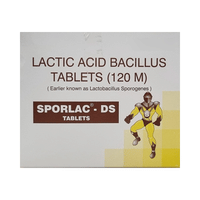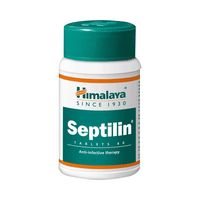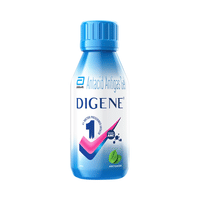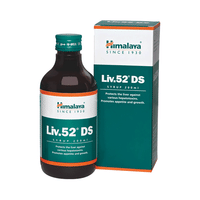Rs.32.40for 1 bottle(s) (30 ml Syrup each)
food interaction for Pyceff Syrup
alcohol interaction for Pyceff Syrup
pregnancy interaction for Pyceff Syrup
lactation interaction for Pyceff Syrup
food
alcohol
pregnancy
lactation
Pyceff 250mg Syrup may be taken with or without food.
None
None
CAUTION
Consuming alcohol with Pyceff 250mg Syrup does not usually cause any harmful side effects.
SAFE
Pyceff 250mg Syrup is generally considered safe to use during pregnancy. Animal studies do not indicate harmful effects. However, there are limited human studies.
SAFE IF PRESCRIBED
Pyceff 250mg Syrup may be unsafe to use during breastfeeding. Limited human data suggests that the drug may pass into the breastmilk and harm the baby. It should be used only if the expected benefit outweighs the potential risk. Please consult your doctor.
CONSULT YOUR DOCTOR
SALT INFORMATION FOR Pyceff 250mg Syrup
Cefadroxil(250mg)
Pyceff syrup uses
{med_name} is used in the treatment of bacterial infections.
How pyceff syrup works
Pyceff 250mg Syrup is an antibiotic. It kills bacteria by preventing them from forming the bacterial protective covering (cell wall) that is needed for them to survive.
Common side effects of pyceff syrup
Rash, Vomiting, Allergic reaction, Stomach pain, Nausea, Diarrhea
SUBSTITUTES FOR Pyceff Syrup
9 Substitutes
9 Substitutes
Sorted By
 Rs. 45.14pay 38% more per ml of Syrup
Rs. 45.14pay 38% more per ml of Syrup Rs. 42.19pay 25% more per ml of Syrup
Rs. 42.19pay 25% more per ml of Syrup Rs. 15.94save 51% more per ml of Syrup
Rs. 15.94save 51% more per ml of Syrup Rs. 53.67save 18% more per ml of Syrup
Rs. 53.67save 18% more per ml of Syrup Rs. 33.90pay 4% more per ml of Syrup
Rs. 33.90pay 4% more per ml of Syrup
Expert advice FOR Pyceff Syrup
- Do not skip any doses and finish the full course of treatment even if you feel better. Stopping it early may make the infection come back and be harder to treat.
- Consider taking it with food if it causes an upset stomach.
- Discontinue Cefadroxil and inform your doctor immediately if you get a rash, itchy skin, swelling of the face and mouth, or difficulty breathing.
- Diarrhea may occur as a side effect, but it should stop when your course is complete. Inform your doctor if it doesn't stop or if you find blood in your stools.
Frequently asked questions FOR Pyceff 250mg Syrup
Cefadroxil
Q. Can the use of Pyceff 250mg Syrup cause diarrhea?
Yes, the use of Pyceff 250mg Syrup can cause diarrhea. It is an antibiotic that kills the harmful bacteria. However, it also affects the helpful bacteria in your stomach and intestines and causes diarrhea. If diarrhea persists, talk to your doctor about it.
Q. What if Pyceff 250mg Syrup doesn't work?
Talk to your doctor if Pyceff 250mg Syrup doesn't seem to work for you. Your doctor may increase the dose of Pyceff 250mg Syrup or switch you to an alternate option, which may work for you.
Q. What if I don't get better after using Pyceff 250mg Syrup?
Inform your doctor if you don't feel better after finishing the full course of treatment. Also, inform him/her if your symptoms get worse while using this medicine.






















